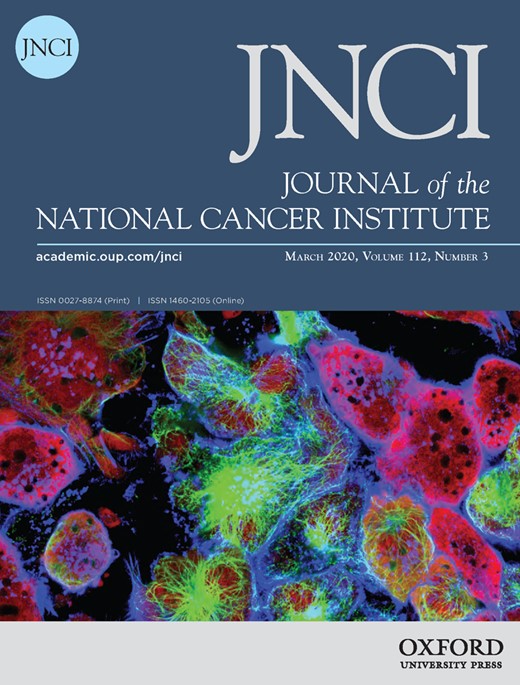-
PDF
- Split View
-
Views
-
Cite
Cite
M Jefford, Re: Developing a Quality of Cancer Survivorship Care Framework: Implications for Clinical Care, Research, and Policy, JNCI: Journal of the National Cancer Institute, Volume 112, Issue 3, 1 March 2020, Pages 320–321, https://doi.org/10.1093/jnci/djz128
Close - Share Icon Share
Nekhlyudov et al. (1) are to be congratulated on their “Quality of Cancer Survivorship Framework.” As the authors note, the seminal Institute of Medicine report, “From Cancer Patient to Cancer Survivor: Lost in Transition,” recommended that “quality of survivorship care measures should be developed through public/private partnerships and quality assurance programs implemented by health systems to monitor and improve the care that all survivors receive” (2). The framework comprehensively considers key elements of optimal survivorship care and proposes outcomes to be assessed, including mortality, quality of life and function, costs, and emergency and hospital use. Such a framework is an essential reference to build and assess survivorship care efforts.
Recognizing the deficiencies in the current care of survivors, there is considerable interest in pursuing new models of care (3). New models clearly aim to improve outcomes for survivors though may affect other groups who should also be considered in the context of quality survivorship care. Models of care that reduce health professional contact might negatively affect caregivers, family members, and friends. Caregivers are known to experience substantial psychosocial concerns and unmet needs (4).
New models of care may lead to health providers seeing fewer survivors who are “doing well.” Having a caseload primarily of new patients and people with advanced disease and toward the end of life may affect the well-being of health providers. Their well-being should also be considered as a metric of quality survivorship care. Burnout is currently a critical issue in cancer clinicians (5).
The framework has its major focus on the posttreatment survivorship phase, though it might be useful to also consider elements of quality survivorship care that should be assessed before and during treatment. As an example, fertility is an important issue for many survivors; strategies to preserve fertility are most effective if considered before treatment begins. Other posttreatment issues, such as psychological distress, may be predicted by distress at diagnosis and during treatment (6). To minimize distress in the survivorship phase, it would be reasonable to include assessment and management of distress during the treatment phase. Further, financial toxicity can be an important issue in the posttreatment phase. Strategies to appropriately counsel and advise patients at diagnosis and prior to treatment might be included as measures of quality survivorship care.
Survivorship care should optimize duration and quality of survival alike. Survivorship care should aim to promote wellness and to manage consequences of cancer and treatments. Appropriate outcomes and measures should be considered to capture this aspect of care.
The authors note that not all elements of the framework will be needed or appropriate for all survivors. It will also be important to capture elements that describe value. The Institute of Medicine considers a health system should conform to six elements of quality (7): it should be safe, effective, patient-centered, timely, efficient, and equitable. It may be necessary to expand the suggested outcomes and develop appropriate metrics to ensure that survivorship care meets each of these elements.
Funding
The author received travel support from Roche in January 2018.
Notes
Affiliations of author: Peter MacCallum Cancer Centre, Melbourne, Victoria, Australia; Sir Peter MacCallum Department of Oncology, The University of Melbourne, Parkville, Victoria, Australia.
References
Institute of Medicine.
Institute of Medicine.


